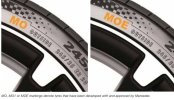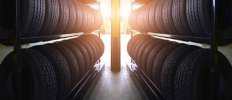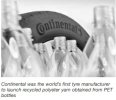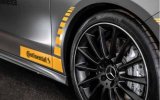- Joined
- Mar 18, 2004
- Messages
- 2,057
- Reaction score
- 403
- Age
- 47
- Location
- Tunbridge Wells, Kent
- Website
- www.mercedesclub.org.uk
- Your Mercedes
- CLS 320 CDI remapped (W219)
- Admin
- #1
Hi Forum members,
Some of you will be aware that we’ve worked with the team at Continental Tyres UK for a number of years now. In a new development, we have organised for Steve Howat, Continental’s General Manager for Technical Services, to answer a number of key tyre-related questions raised by the MBO forum members.
Maybe you’re unclear on whether winter tyres would suit your car, or your tyres need replacing and you want some advice. It might be you want a different puncture repair solution, or you want to dial up certain aspects of your vehicle’s performance.
Whatever it is, we want to hear from you! Please add your questions below before the end of this month. We’ll then share them with Continental, before publishing a selection with answers on the forum, on social media and in the Mercedes Owner magazine.
Many thanks
Some of you will be aware that we’ve worked with the team at Continental Tyres UK for a number of years now. In a new development, we have organised for Steve Howat, Continental’s General Manager for Technical Services, to answer a number of key tyre-related questions raised by the MBO forum members.
Maybe you’re unclear on whether winter tyres would suit your car, or your tyres need replacing and you want some advice. It might be you want a different puncture repair solution, or you want to dial up certain aspects of your vehicle’s performance.
Whatever it is, we want to hear from you! Please add your questions below before the end of this month. We’ll then share them with Continental, before publishing a selection with answers on the forum, on social media and in the Mercedes Owner magazine.
Many thanks







